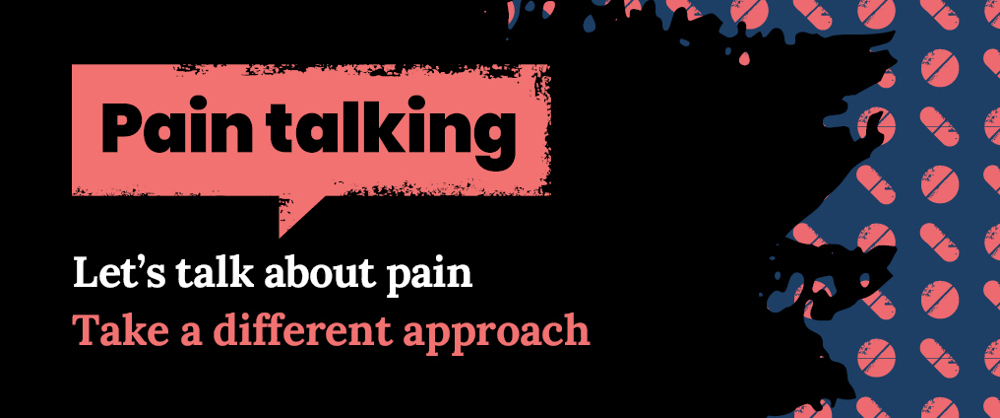
This information has been developed to supplement the information the doctor or healthcare practitioner has already given you.
Date of Issue: March 2025
Review Date: March 2026
If the review date has passed, the content will apply until the next version is published.
What is morphine?
Morphine is an opioid medication used for severe pain. Other opioids include codeine, tramadol, and oxycodone.
Opioids can be misused and cause harm. Morphine is a controlled drug, meaning it is subject to extra regulations. Prescriptions are limited to a 30 day supply.
What dose should I take?
The prescribed dose of morphine will vary from person to person. Know your prescribed dose and do not take more than this.
The starting dose of morphine is usually 5 or 10mg every 4 to 6 hours as required. You should aim to take the lowest effective dose.
Morphine comes in different strengths and brands. There are short-acting (immediate release) or long-acting (modified release) formulations.
Are there any side effects?
All medicines can cause side effects but not everyone will get them. Read the information leaflet provided with your medicine.
Side effects may be worse when you first start the medicine. Higher doses increase the risk of side effects. If side effects are a problem, talk to a doctor or pharmacist.
Common side effects are feeling sick, constipation, dizziness and sleepiness.
Less common side effects are itching, sweating, dry mouth, diarrhoea or rash.
If morphine makes you sleepy, do not driving or operating machinery. It is an offence to do so whilst unsafe due to medicines. Alcohol may make the sleepiness worse.
Opioids affect other body systems. They can cause changes in hormones, immunity and bone health. They can also cause an increase in all-over pain, known as ‘hyperalgesia’.
How long should I take morphine for?
It is best to avoid long-term use of morphine. Review is needed to check for benefit and problems. This should be every few weeks when starting opioids.
After a while morphine may not work as well. Or may no longer be needed. A review is recommended at least every 12 months.
Dependency and withdrawal
Morphine can cause tolerance, dependence, and addiction. This risk increases with long-term use or if similar issues with other drugs, alcohol, or nicotine. Speak to your doctor or pharmacist if you have any concerns.
Do not stop morphine suddenly, as this may cause withdrawal symptoms. Reducing the dose slowly can stop this happening. Your doctor or pharmacist can help with tapering the dose.
How do I reduce the dose?
A reduction of 5 or 10mg (or 10%) of the total morphine daily dose is often recommended. The dose can be reduced every 1 or 2 weeks. This process can be repeated until stopped.
Overdose warning
Taking too much morphine is called an overdose, and can be fatal. An overdose can be accidental.
If an overdose is suspected seek immediate medical help. Dial 999.
Signs include:
Confusion, hallucinations, slurred speech, blue lips or nails, small pupils, unresponsive or breathing problems.
Tell a doctor or pharmacist if you are
- Trying to get pregnant
- Pregnant
- Breastfeeding
Medication in chronic pain
Medicines are not always helpful for long term pain.
They can cause side effects and harm.
It is best to stop medicines that are not working or cause problems.
It is helpful to find other ways of managing pain.
A doctor or pharmacist can explain more.
Remember
Do not stop medicines suddenly.
Do not share medicines.
Never take more medicine than prescribed.
Let a doctor or pharmacist know about other medicines or products taken.
Read the information sheet given with each medicine.
Keep medicines out of the reach of children.
Store medicines safely.
Return unused medicines to a pharmacy.
If medicines make you drowsy, do not drive.
Talk to a doctor or pharmacist about any concerns.
Accessible formats
If you require this information in a community language or alternative format such as Braille, audio, large print, BSL, or Easy Read, please contact the Equality and Human Rights Team at: email: fife.EqualityandHumanRights@nhs.scot or phone 01592 729130. For people with a hearing or verbal impairment you can also contact the team through the NHS Fife SMS text service number on 07805800005.
